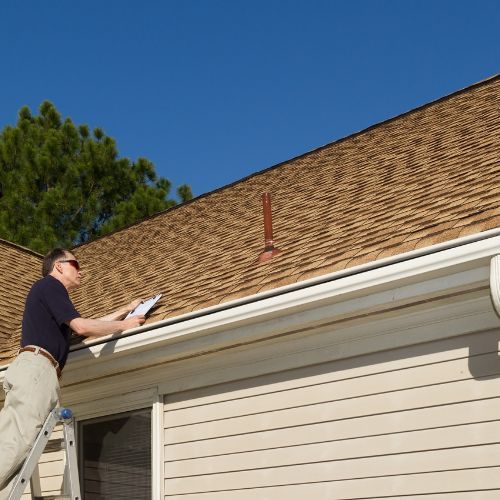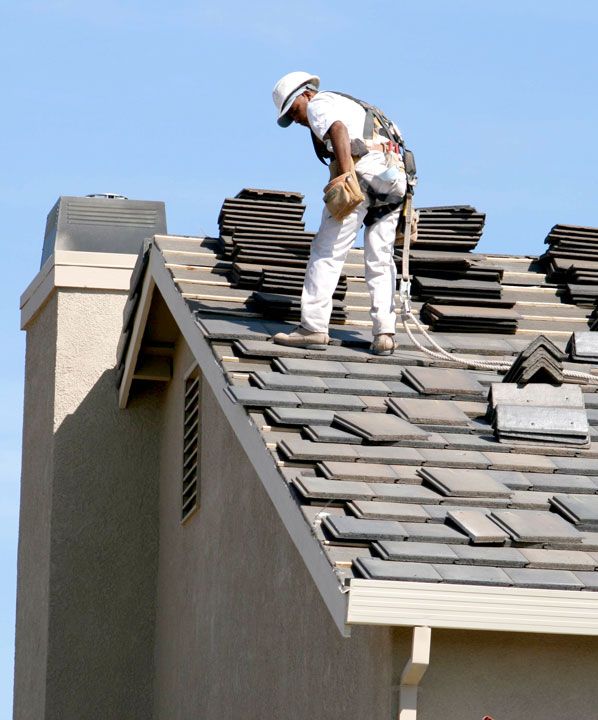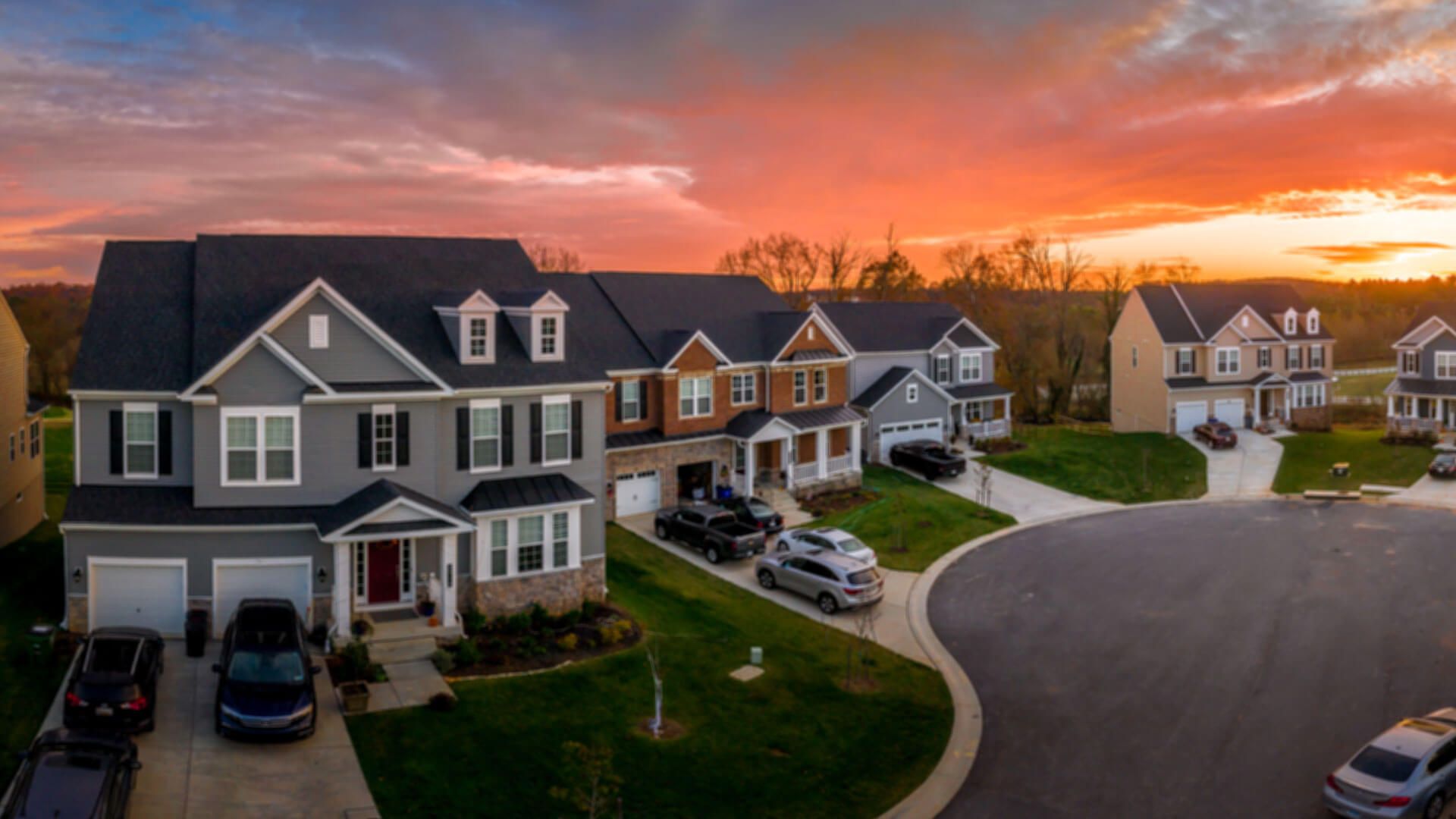How to Choose the Right Roofing for Your Property
Choosing the right roofing for your property is a crucial decision that can impact the safety, appearance, and value of your home or business. With so many options available, it’s easy to feel overwhelmed, but the right roof can provide long-lasting protection and enhance curb appeal. Whether you're building a new property or replacing an old roof, understanding your needs, budget, and the local climate is key to making the best choice. From materials like asphalt shingles and metal to options like tile and slate, each roofing type has its own benefits. This guide will walk you through the factors to consider so you can make an informed, confident decision for your roof.

Explore the Best Roofing Materials for Your Budget and Style
Choosing the right roofing material is essential for both your budget and the look of your property. Asphalt shingles are popular for their affordability and versatility, while metal roofs provide a longer-lasting option with increased durability. Wood, slate, and tile roofing offer unique aesthetics but may come at a higher cost. Understanding the price ranges and lifespan of these materials will help you make an informed decision. It's important to balance your style preferences with your financial goals to get the most out of your roofing investment.
When selecting materials, think about long-term savings as well. Some roofs, like metal, offer energy efficiency by reflecting heat, reducing your cooling costs over time. Other materials, such as tile, provide great insulation. Consider both the initial cost and the long-term performance to ensure you're investing in the right roof for your property.
How to Select a Roofing Option That Matches Your Home’s Architecture
Your roof plays a key role in enhancing the overall aesthetic of your property. Different architectural styles benefit from specific roofing materials. For example, a traditional colonial home may pair beautifully with slate or wood shake, adding a timeless elegance. A modern, contemporary home could benefit from sleek, metal roofing that complements clean lines and a minimalist look. When choosing your roofing material, ensure it aligns with the design of your home, contributing to its curb appeal.
The right roofing option can also influence your home's resale value. Choosing materials that complement your property’s style not only elevates its look but can also attract potential buyers.
Understanding the Lifespan and Durability of Different Roofing Types
Not all roofing materials are created equal when it comes to durability and lifespan. Asphalt shingles are cost-effective but typically last around 20 to 30 years, making them a solid choice for homeowners on a budget. Metal roofs, on the other hand, can last up to 50 years or more with proper maintenance, offering excellent long-term value. Tile and slate roofs are among the most durable, often lasting well beyond 75 years, but their higher upfront costs might be prohibitive for some homeowners.
Choosing a roof that offers a balance between durability and cost is important. Remember that a longer-lasting roof can save you money in the long run by reducing the need for frequent repairs or replacements.
Why Local Climate Should Influence Your Roofing Choice
The local climate plays a significant role in selecting the right roofing material for your property. In areas with heavy snowfall or freezing temperatures, materials like metal or slate are ideal because they can shed snow and ice easily, preventing damage from buildup. On the other hand, if you live in a hot, sunny region, asphalt shingles or reflective roofing materials can help reduce heat absorption and lower cooling costs during the summer months. Understanding the weather patterns in your area ensures you choose a roof that can withstand the elements year-round.
For coastal regions with salty air, materials like metal or specially coated shingles are more resistant to corrosion. In areas prone to hurricanes or storms, reinforced roofing materials such as impact-resistant shingles can offer extra protection.
Top Considerations for Choosing a Roof That Saves You Money in the Long Run
Choosing a roofing material that offers long-term value is an important factor to consider. While cheaper options like asphalt shingles may seem attractive initially, their shorter lifespan may result in higher costs over time as you face repairs or replacements. Investing in durable materials like metal or tile can save you money in the long run by reducing maintenance and replacement costs. Additionally, these materials often provide better energy efficiency, which can lower your utility bills.
Energy-efficient roofing options like cool roofing or metal roofs that reflect heat can help reduce your home's cooling needs, especially in hot climates. These roofing materials often come with warranties that last for decades, making them a smart investment for homeowners looking to save money in the future. By considering both the initial cost and long-term savings, you can select a roof that delivers the best value over time.
Expert Tips for Evaluating Roofing Contractors and Their Materials
When choosing a roofing contractor, it's important to consider both their expertise and the materials they recommend. Look for contractors with experience in the type of roofing you are interested in. A good contractor will guide you through the best options based on your needs, budget, and local climate. Always ask for references and check online reviews to ensure the contractor has a reputation for quality work and customer service.
In addition to the contractor’s experience, make sure they offer warranties on both their labor and the materials they use. This ensures you’re protected in case anything goes wrong after the installation. It’s also wise to request a detailed estimate that breaks down the cost of materials, labor, and any additional services.
How to Make Sure Your New Roof Meets Local Building Codes
Before selecting a roofing material, ensure it complies with your local building codes and regulations. Many areas have strict requirements regarding roofing materials, particularly for wind resistance, fire rating, and energy efficiency. Consult with your contractor or check with your local building authority to ensure the roofing material you choose meets these standards. Failure to adhere to these regulations could result in costly fines or the need for additional work.
In some regions, certain materials may be prohibited due to environmental concerns or the risk of fire. For example, wood shingles may be banned in fire-prone areas, while other materials may need to meet specific energy efficiency standards. The Essential Guide to Roof Installation and Maintenance Costs
When planning a roof installation, it’s important to consider not only the upfront cost of materials but also the long-term maintenance expenses. The cost of installing a roof can vary widely based on the type of materials chosen and the complexity of the installation. For example, metal roofs may cost more initially but require less maintenance over time, saving money in the long run. On the other hand, asphalt shingles may need repairs or replacements sooner, which can add up.
Maintenance costs are also an important factor to consider. Some roofs, like metal, require minimal upkeep, while others, such as wood or tile, may need more frequent attention.
Conclusion
Choosing the right roof is essential to protect your property while enhancing its appearance and value. By considering factors like material durability, climate, and cost, you can make an informed decision that suits your needs. Whether you’re looking for a roof that lasts for decades or one that improves energy efficiency, the right material will make all the difference. If you need assistance selecting the best roofing option for your home, the experts at Spring Valley Roofing in West Chester are here to help.
Contact us today at (610) 948-5207 to discuss your roofing needs or schedule a consultation. We’ll guide you through every step of the process, ensuring your roof provides lasting protection for your property.



